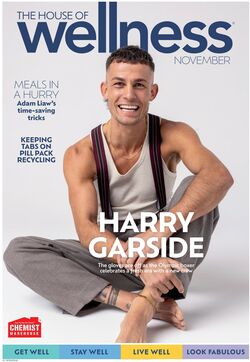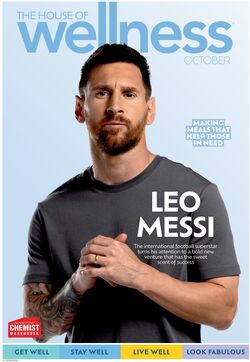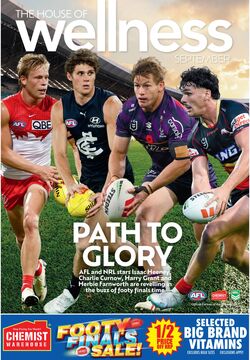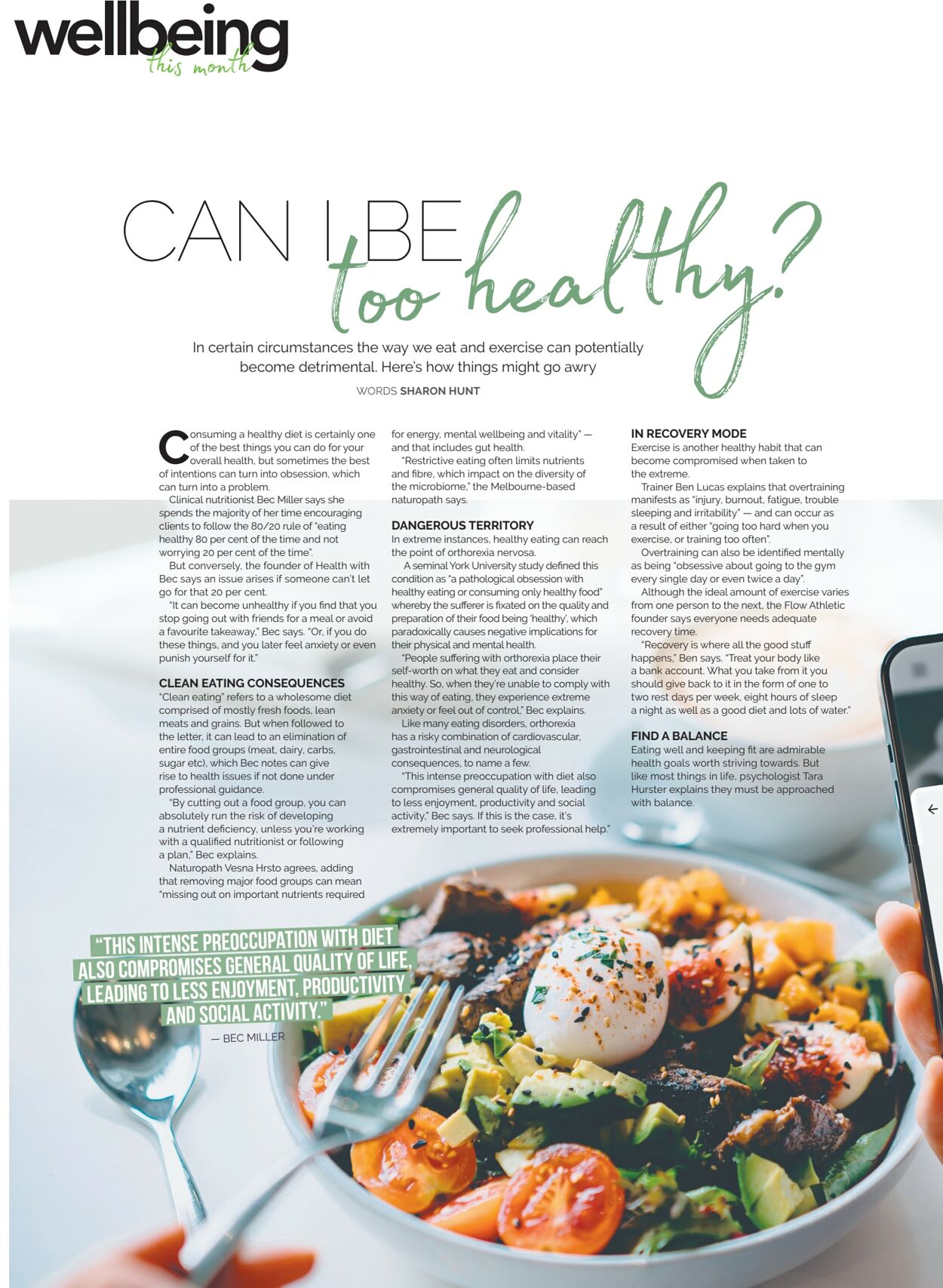













Products in this catalogue
In certain circumstances the way we eat and exercise can potentially become detrimental. Here's how things might go awry WORDS SHARON HUNT onsuming a healthy diet is certainly one ( of the best things you can do for your ‘overall health, but sometimes the best of intentions can turn into obsession, which can tum into a problem. Clinical nutritionist Bec Miller says she spends the majority of her time encouraging clients to follow the 80/20 rule of “eating healthy 80 per cent of the time and not worrying 20 per cent of the time’ But conversely, the founder of Health with Bec says an issue arises if someone can't let go for that 20 per cent ‘It can become unhealthy if you find that you stop going out with friends for a meal or avoid a favourite takeaway” Bec says. “Or, ifyou do these things, and you later feel anxiety or even. punish yourself for it? (CLEAN EATING CONSEQUENCES, “Clean eating’ refers to a wholesome diet comprised of mostly fresh foods. lean meats and grains. But when followed to the letter, it can lead to an elimination of entire food groups (meat, dairy, carbs, sugar etc), which Bec notes can give rise to health issues if not done under professional guidance. “By cutting out a food group, you can absolutely run the risk of developing a nutrient deficiency, unless you're working with a qualified nutritionist or following a plan’ Bec explains. Naturopath Vesna Hrsto agrees, adding that removing major food groups can mean “missing out on important nutrients required Be Naa eT Toh ISI Ne eT TUNNEL OST Te ji ef for energy, mental wellbeing and vitality” — and that includes gut health “Restrictive eating often limits nutrients and fibre, which impact on the diversity of the microbiome’ the Melbourne-based. naturopath says. DANGEROUS TERRITORY In extreme instances, healthy eating can reach the point of orthorexia nervosa. ‘A seminal York University study defined this condition as ‘a pathological obsession with healthy eating or consuming only healthy food” ‘whereby the sufferers fixated on the quality and preparation of their food being ‘healthy, which paradoxically causes negative implications for their physical and mental health. *People suffering with orthorexia place their self-worth on what they eat and consider healthy. So, when they're unable to comply with this way of eating, they experience extreme anxiety or feel out of control” Bec explains. Like many eating disorders, orthorexia has a risky combination of cardiovascular, gastrointestinal and neurological consequences, to name a few. “This intense preoccupation with diet also. compromises general quality of life, leading to less enjoyment. productivity and social activity’ Bec says. If this is the case, it's lay ais Manin ‘extremely important to seek professional help” IN RECOVERY MODE Exercise is another healthy habit that can become compromised when taken to the extreme ‘Trainer Ben Lucas explains that overtraining manifests as “injury, burnout. fatigue, trouble sleeping and irritability’ — and can occur as a result of either “going too hard when you exercise, or training too often’ Overtraining can also be identified mentally as being “obsessive about going to the gym every single day or even twice a day’ Although the ideal amount of exercise varies from one person to the next, the Flow Athletic founder says everyone needs adequate recovery time. "Recovery is where all the good stuff happens” Ben says. “Treat your body like a bank account. What you take from it you should give back to it in the form of one to two rest days per week, eight hours of steep a night as well as a good diet and lots of water: FIND A BALANCE Eating well and keeping fit are admirable, health goals worth striving towards. But t things in life, psychologist Tara ‘explains they must be app balance.
| Name | Details |
|---|